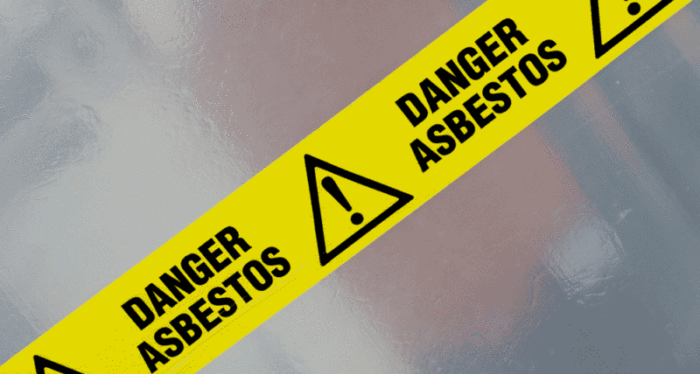AMSA has issued marine notice in order to draw the attention to the ongoing prohibition of asbestos on ships, noting that Australian law requires operators to take all reasonable steps to protect the health and safety of employees and contractors while at work.
The Occupational Health and Safety (Maritime Industry) Act 1993 and the subordinate Occupational Health and Safety
(Maritime Industry) (National Standards) Regulations 2003 require operators to ensure that hazardous substances such as asbestos are not used at a workplace under their control.
An exception has been made under the Regulations (2.08 and Schedule 2) for ‘in situ’ asbestos. This is asbestos that has been fixed or installed in a ship (or any other structure that forms a maritime workplace) or a plant (or any other thing that is used in a maritime workplace) before 31 December 2003 in such a way that it will not constitute a risk unless the asbestos is disturbed.In situ asbestos on ships must be appropriately identified and managed to ensure that the risks posed by asbestos are assessed, controlled and mitigated.
Additional guidance on the management of asbestos is provided in Part 8 of the Guidance on prohibition on the use of asbestos in workplaces in the Seacare jurisdiction and Safe Work Australia’s Code of Practice – How to Manage and Control Asbestos in the Workplace.
Any work on the removal or disposal of asbestos should be carried out in accordance with the State or Territory legislation. Ship owners and operators should contact the relevant State or Territory Workplace Health and Safety (WHS) regulator to ensure that removal work is carried out as per the applicable legislation and relevant Code of Practice.
From 31 December 2003 the installation of asbestos on Australian ships has been prohibited. The same prohibition has been effective internationally from 1 January 2011, in accordance with SOLAS Chapter II-1 Reg. 3-5.2.
It is recommended that ship owners ensure that any asbestos or asbestos containing materials on Australian ships is identified by a competent person in accordance with:
• AS/NZS ISO/IEC 17020 Conformity assessment – Requirements for the operation of various types of bodies performing inspection or the
• Code of Practice – How to Manage and Control Asbestos in the Workplace.
NATA has published an Industry User Guide titled Working with NATA Accredited Asbestos Facilities, to assist the industry to determine if a body has the accreditation to carry out specific inspections or tests. Ship survey data indicates that most asbestos detection occurs in the following areas:
• insulation and sealing materials in machinery spaces;
• sealing materials used in construction (e.g. gaskets and doorway/window sealants);
• electric and electronic components (e.g. cables and fuses); and
• insulation materials used in construction (e.g. deck coverings deckheads and bulkheads).
Asbestos containing components may also find their way into a ship during operational maintenance. This highlights the need for vigilance and periodic re-inspection following maintenance and refit works.
Further details may be found by reading the marine notice below
Source: AMSA































































